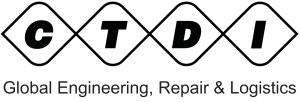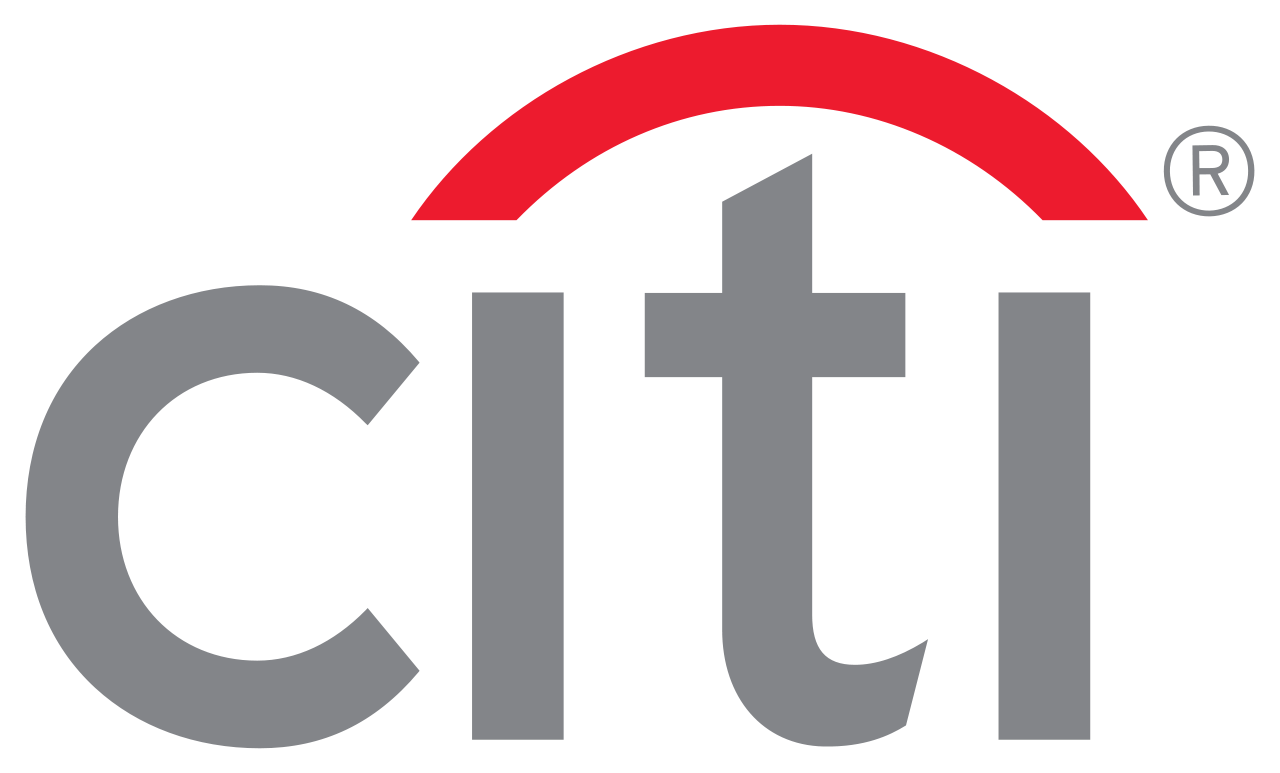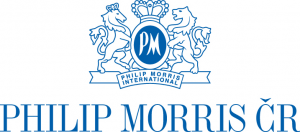VAT: change of the place of taxable supply for some services, transfer pricing and new recapitulative statements from 2010
5.01.2010Company: Amcham
The Chamber of Deputies adopted two important amendments to the VAT Act in the third reading on 4 November:
Parliamentary Document No. 801 – reclassification of some services with high share of human labour (restaurant services except alcohol and tobacco products, hairdressing, repairing of shoes, leather goods and bicycles) to the reduced tax rate did not pass. As to repairs and renovations of flats not meeting the conditions of “social housing”, the reduced rate will apply till the end of 2010 only.
Parliamentary Document No. 887 (the “VAT package”) – the change of the place of taxable supply for some services and a new concept of arm’s length prices were passed; recapitulative statements will now include also services and another, faster method for refunding of VAT charged in other Member States will be applied. Below are summarised the most important changes which are proposed to become effective on 1 January 2010.
Place of taxable supply for services – a new basic rule
The amendment implements the Council Directive 2008/8/EC in the national legislation amending the Council Directive 2006/112/EC on the common system of value added tax and changing significantly the existing rules for determination of the place of taxable supply when rendering services and therefore determination of the Member State of taxation.
The new rules will be implemented gradually in the years 2010-2015 and will result in extending of taxation of consumption services in the country. From 2010, the tax duty transfer (reverse charge) principle will be applied for example to administrative services and work carried out on a movable thing (most often repairs or assembly work) provided to an entity liable to tax.
Under the basic rule, the place of taxable supply will be the place of the provider's registered office till the end of 2009. There are several exceptions to this basic rule when the place of taxable supply is determined otherwise.
From 1 January 2010 onwards, it will first have to be decided whether the recipient is a taxable entity. Under the new basic rule, the place of supply will be the place
- where the service recipient – taxable entity – has its registered office or establishment (Section 9/1);
- where the service provider has its registered office or establishment (if the service is provided through the establishment) when rendering a service to a non-taxable entity (Section 9/2).
There will be, again, several exceptions to the new basic rule (e.g. services related to real estate, transport services, services in culture, arts, sports, education, entertainment and fair trades, food services or lease of a means of transport)
Transfer pricing – a broad definition of related entities (Section 36a)
The amendment introduces a concept of related entities based on the example of the Income Tax Act. The aim is obvious – to prevent VAT evasion or favouring of related entities. Related entities include:
- Entities related by capital (25% of registered capital or 25% of voting rights),
- Otherwise related entities,
- Close persons,
- Persons employed by or otherwise related to the tax payer,
- Persons conducting business together with the tax payer under a partnership agreement.
The VAT base for taxable supply between related entities is the arm’s length price without VAT ascertained as at the date of the taxable supply and is used if:
- The price for taxable supply is lower than the arm's length price and the recipient is not entitled to a full deduction or is not entitled to a deduction at all (e.g. an employee), or
- The price for taxable supply is higher than the arm's length price and the provider is obligated to reduce the title for a deduction by a coefficient.
As results from the wording of new Section 36a, the new rules should not apply to transactions between two tax payers that are fully entitled to deduct VAT.
Recapitulative statements – also for services and exclusively in electronic format (Section 102)
For the first time in the accounting period of January or the first quarter of 2010 (not on 25 January 2010 over the last period of 2009), a tax payer will be obligated to file a recapitulative statement not only when delivering or moving goods to another Member State as up to now, but also when rendering a service with a place of taxable supply in another Member State if the service recipient is liable to declare and pay VAT. Services which are exempted in the recipient's country will not be shown.
A recapitulative statement will now be filed only in the form of a data message with a recognised electronic signature attached or sent by means of a data box.
A recapitulative statement is filed for every calendar month within 25 days of its last day. Tax payers rendering only services with the place of taxable supply in another Member State will file a recapitulative statement depending on their tax periods, i.e. monthly or quarterly.
Tax refund – only via an electronic portal
The EU Member States are obligated to implement the Council Directive 2008/09/EC bringing new implementing rules for refunding of VAT to tax payers from other Member States.
The new wording of Section 82 of the VAT Act is intended for domestic tax payers that are entitled to a VAT refund in other Member States. The conditions (scope of supply, limits) will remain within the competence of individual Member States.
A domestic tax payer will now file a request via an electronic portal administered by the Ministry of Finance using the access code communicated to it by the tax office with the local competence. The request must be filed no later than by 30 September of the following calendar year.
The new procedure should be more comfortable as tax payers will not need to send requests in local languages and original invoices into different Member States, and it should be also faster as it introduces time limits for the refund and a default interest if the limits are not fulfilled.
The new wording of Section 82a is intended for a payer that is VAT registered in another Member State requesting the Czech VAT refund. The provision stipulates essential elements of a request, value limits and other conditions for the Czech VAT refund. The request will now be filed through an electronic portal in the state where a tax payer has its registered office, no later than by 30 September of the following calendar year. The applicant may choose a representative. The refund claim does not apply to VAT claimed contrary to the Czech VAT Act or claimed in respect of some tax-free supplies (e.g. delivery of goods into another Member State).
Tax period for foreign entities (Section 99/10)
The tax period for the establishment of a foreign entity (i.e. a foreign entity having permanent staff and material foundation) will depend on its turnover from 2010 onwards, while in 2009 a quarter-year tax period applied to such establishments, regardless of the turnover amount. From 2010 on, the quarter-year tax period will only apply to entities not having an establishment in the Czech Republic in terms of taxes, regardless of the turnover.
Please not also two interesting instructions issued by the Ministry of Finance:
- D-330 Reasons for waiving the accrued interest and fees on taxes
The Ministry has listed relevant reasons to serve the tax administrator to make an as objective decision as possible regarding a request for waving a penalty, default interest or other fees on taxes. The previous D-319 instruction was revoked.
- D-331 Structure and format of a data message
For several years it had been possible to file a return to the tax administrator using the EPO application. It had been necessary to attach an electronic signature to such a return. Introduction of data boxes has provided tax payers with another alternative for electronic communication with the tax administrator, i.e. without the necessity of the electronic signature, save for exceptions. The .XML format and the structure of a data message sent by means of a data box is the same as in the EPO application. It is therefore possible to create a message in the EPO application or other software and send it by means of a data box.
In accordance with the Administration of Taxes Act (Section 21/3) and Act on Electronic Communication, some filings regarding tax matters (i.e. except for returns, reports and statements of account) can be filed by means of a data box in another format, e.g. .pdf.
For more information concerning the issues above, please do not hesitate to contact us.
Jaromír ZBROJ, Senior Manager, TACOMA Tax
Tel: +420 731 411 268
E-mail: jaromir.zbroj@tacoma.eu
www.tacoma.eu
Rostislav FRELICH, Assistant, TACOMA Tax
Tel: +420 226 219 000
E-mail: rostislav.frelich@tacoma.eu
www.tacoma.eu







